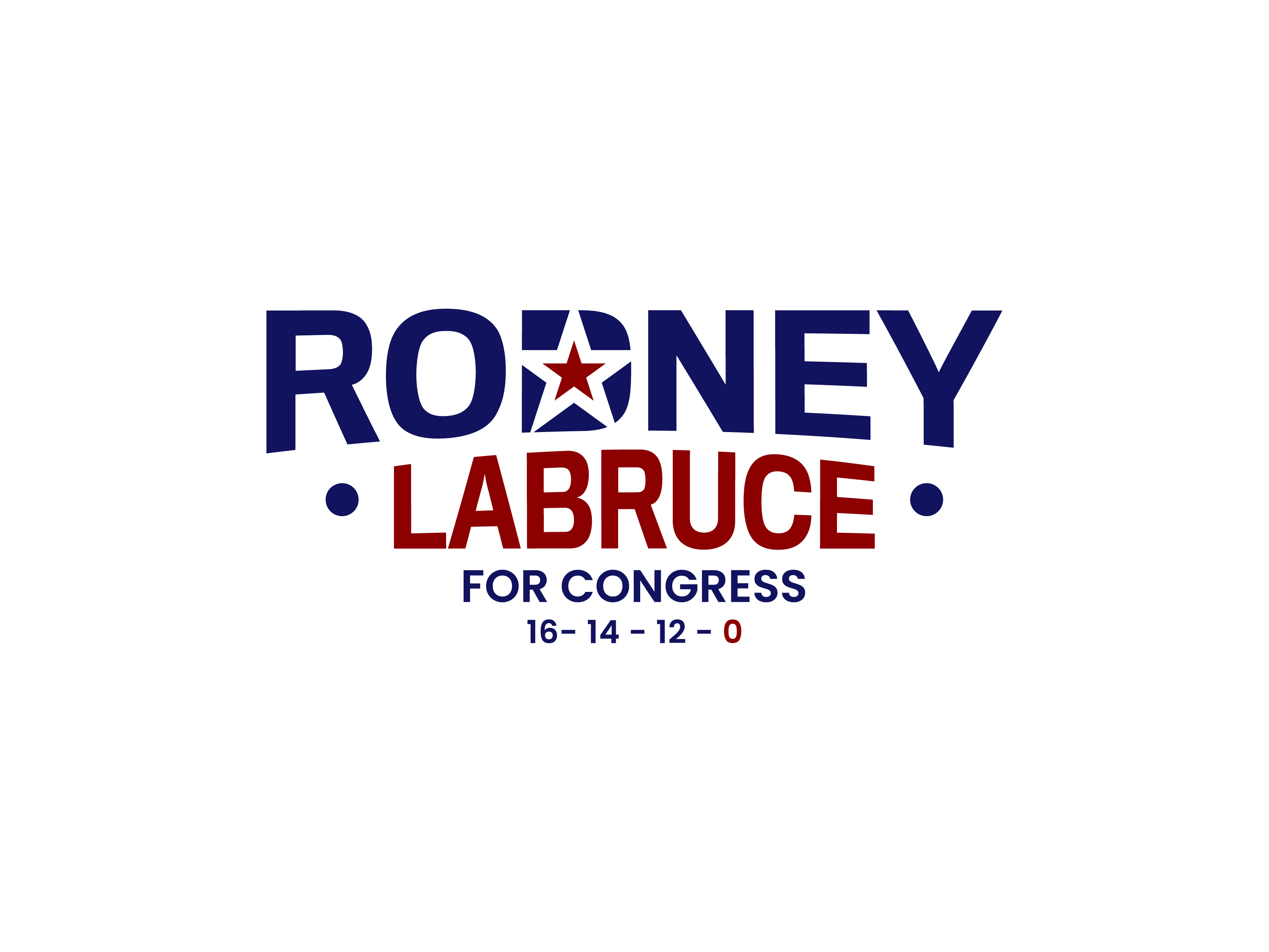High-Income Subsidies

By Rodney LaBruce
- James Baldwin once said, “Anyone who has ever struggled with poverty knows how extremely expensive it is to be poor.”
- Baldwin’s words highlight the reality that those who are poor often end up spending more in the long run due to factors like higher interest rates, lack of access to affordable services, and the need to make short-term decisions that can be costly over time.
- Where are the heroes who recognize the struggles of those barely making it? We need someone who can step up and make a difference because living below the poverty line just isn't sustainable.
- We could use a hero, but heroes are often misguided.
- We're often caught up in dealing with problems that are just the symptoms of much deeper issues, missing the root causes entirely.
- It's like watching people jump out of a burning building and only focusing on cushioning their fall with a mattress, instead of addressing the fire that's destroying the building in the first place.
- We avoid dealing with the real issues because we're too scared to confront the truth. It's easier to label those living in poverty as lazy, dumb, a drain on society, or just not worth the effort. We do it so that we can wash our hands of any responsibility.
- We convince ourselves that if we give people what they need, we’ll just end up creating some kind of dependency on the benefits they receive.
- However, studies show that welfare dependency is a fallacy. Studies and statistics suggest that many eligible individuals and families do not take advantage of welfare benefits, often due to a variety of barriers or stigmas associated with receiving aid.
- Research has shown that a significant percentage of people eligible for welfare programs, such as the Supplemental Nutrition Assistance Program (SNAP), do not apply for or receive benefits.
- For example, a report from the U.S. Department of Agriculture (USDA) indicated that only about 82% of eligible individuals participated in SNAP in 2019. This means nearly 18% of those eligible did not use the benefits they qualified for.
- That’s over $142 billion in unused benefits just sitting there. That amount, if handled correctly, is enough to end poverty in the United States.
- The truth is, like immigration, the poverty issue is one of perception. The problem exists because of how we view those who are involved.
- We are all given the same data, the same evidence. However, what we see depends on the worldview, or lens through which we view reality.
- Take government subsidies, for example—like welfare programs or affordable housing.
- We often criticize government subsidies, especially when it comes to low-income housing, but let's be real—every time we claim mortgage interest, that's a government subsidy benefiting the rich and middle class.
- The truth is, that 96% of adults have received some form of government assistance at some point in their lives.
- Banks don’t hand out loans to 18-year-olds with no job or credit history out of generosity. They do it because the federal government guarantees those loans and even covers half the interest.
- Private health and retirement benefits are heavily subsidized by the government too.
- When employers contribute to health insurance or retirement accounts like 401(k)s, they get tax deductions, and employees don’t pay income tax on those contributions. This setup lets people keep more of their earnings and grow their investments tax-free until retirement.
- These tax advantages are huge government subsidies that reduce the potential tax revenue, which is a massive favor to the rich and middle class—far more than what’s spent on lower-income folks.
- The top 1% earns more than everyone else combined and also grabs the biggest slice of government subsidies.
- So, if you've received a tax break, you've received a subsidy. These subsidies, whether for the rich or the poor, affect your finances, influence your decisions, and contribute to the deficit.
- We see subsidies as appalling when they favor a group we think doesn’t deserve them, but when they benefit those who already have plenty, we call it the rewards of hard work.
- Let’s be honest—if we’re going to screw over the poor, then let’s just do it. But let’s not pretend that we care and would help if only we could afford to. Because that’s a lie. We could help, but we’d first have to see them as we see ourselves.
